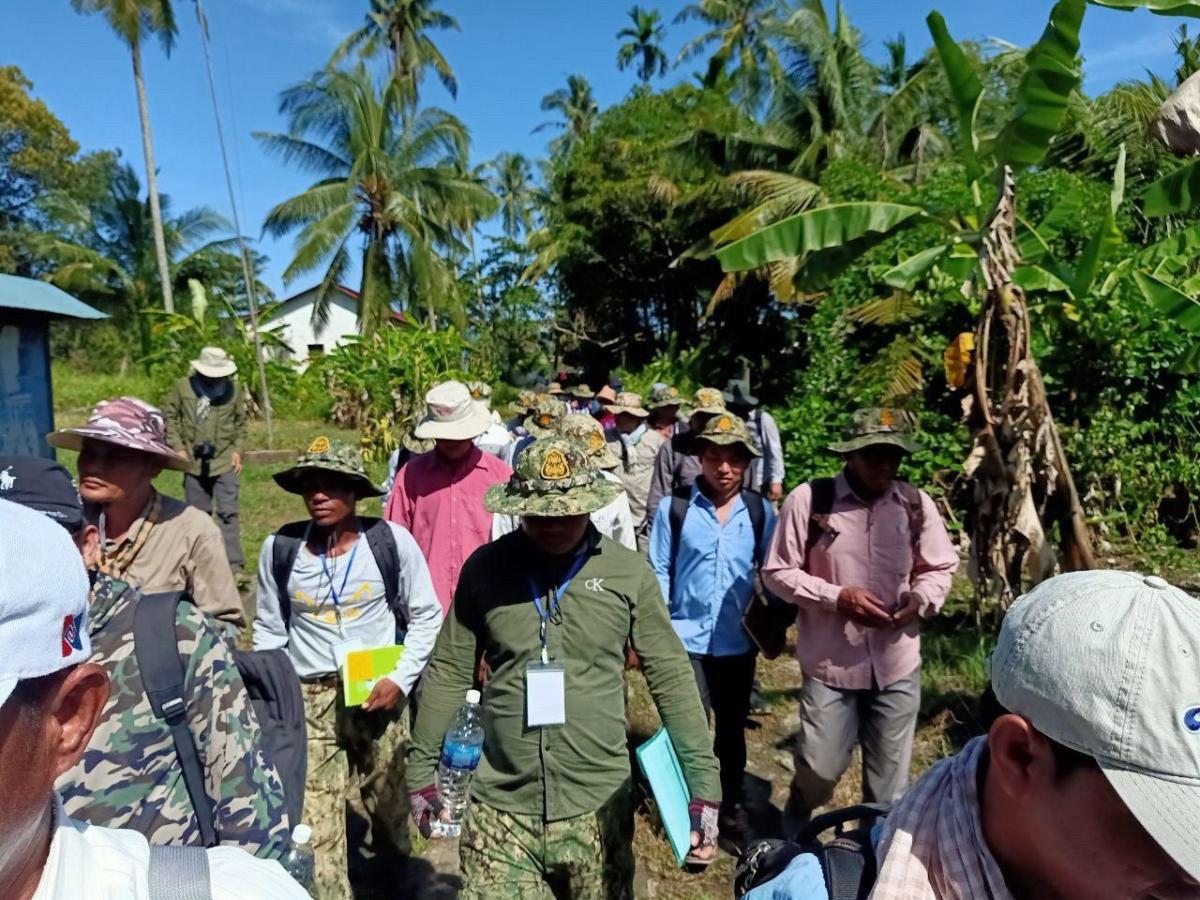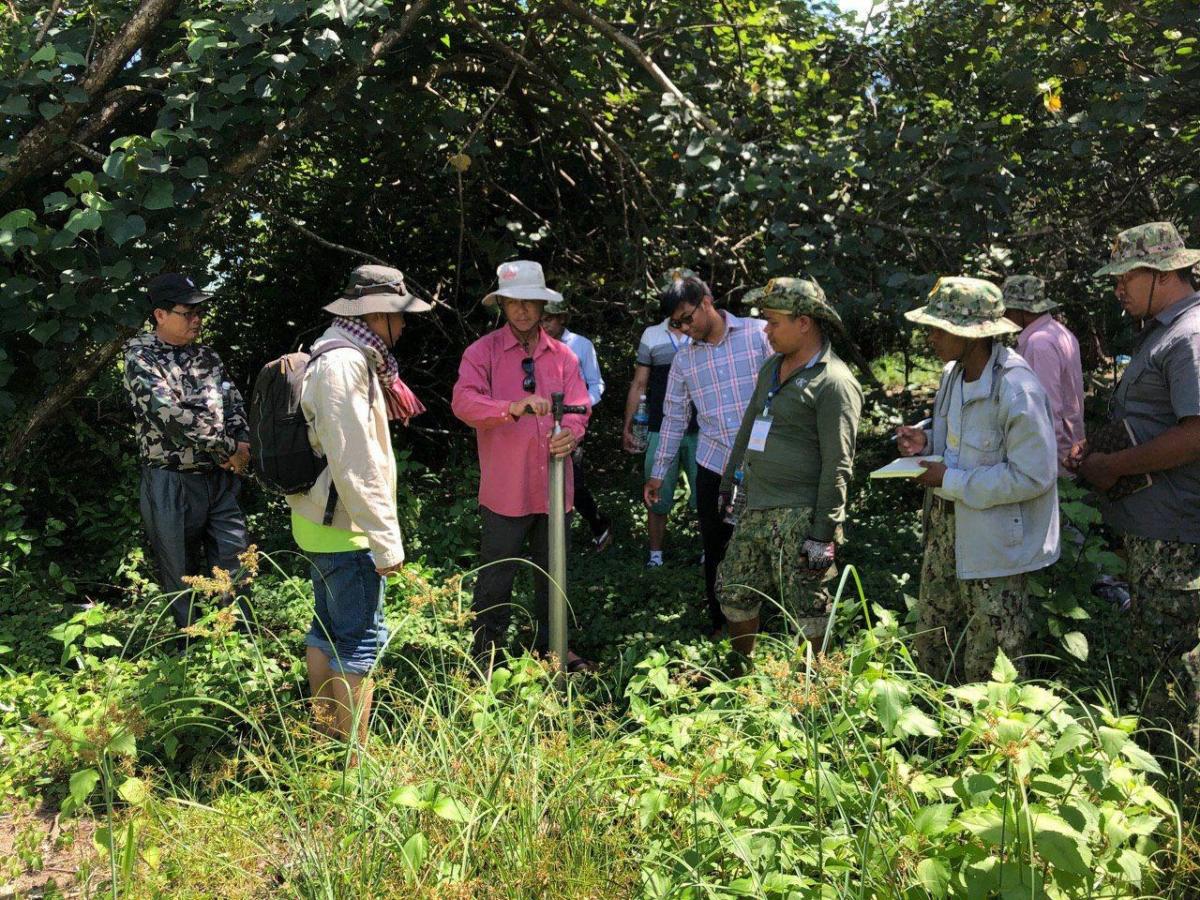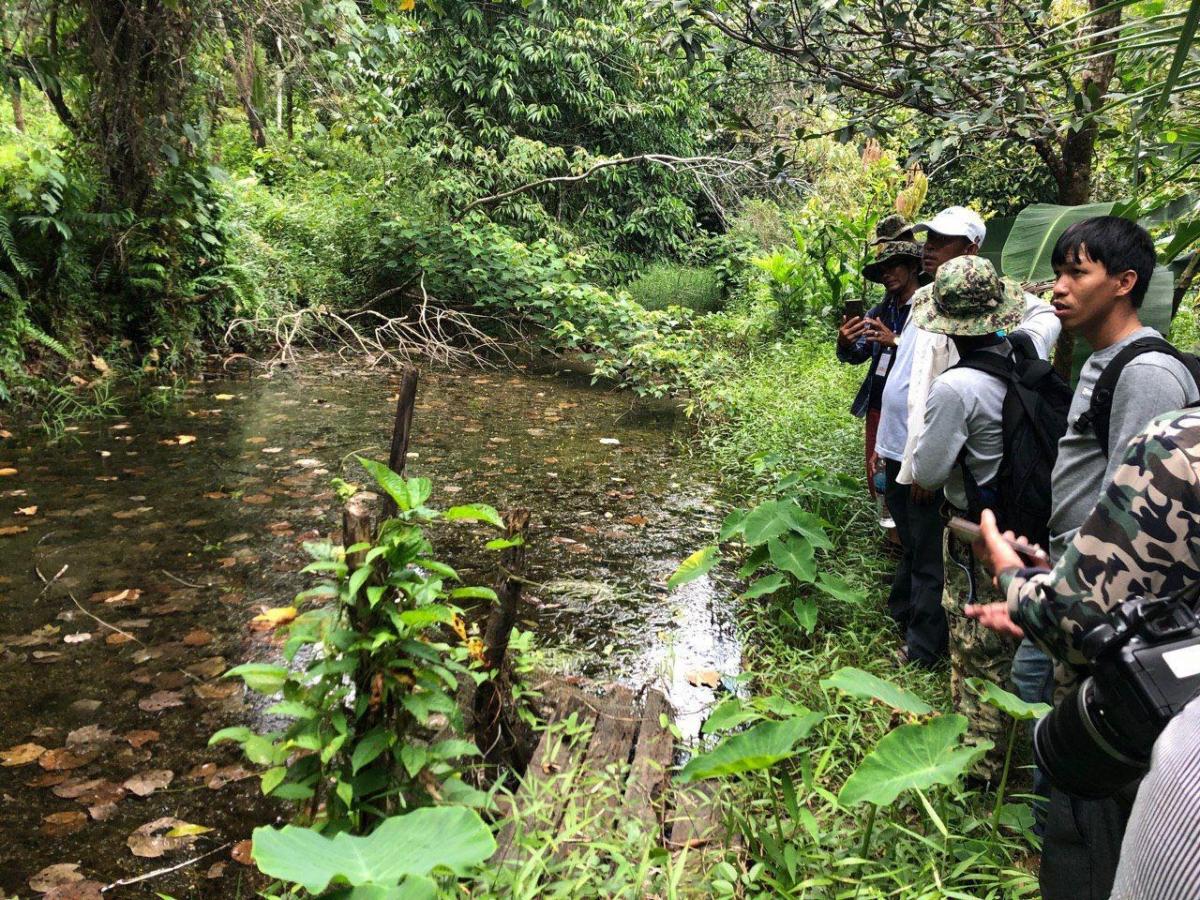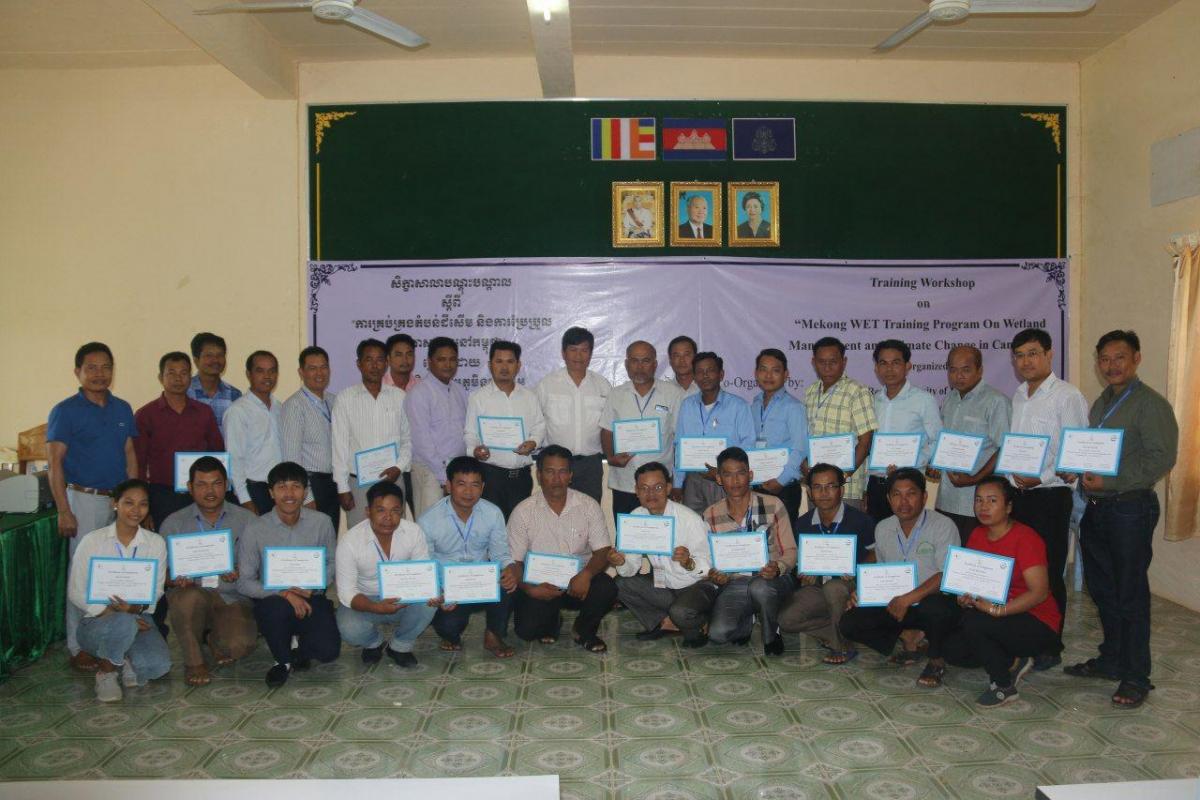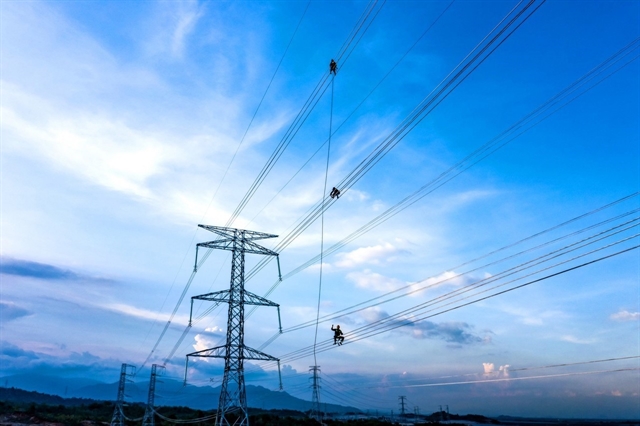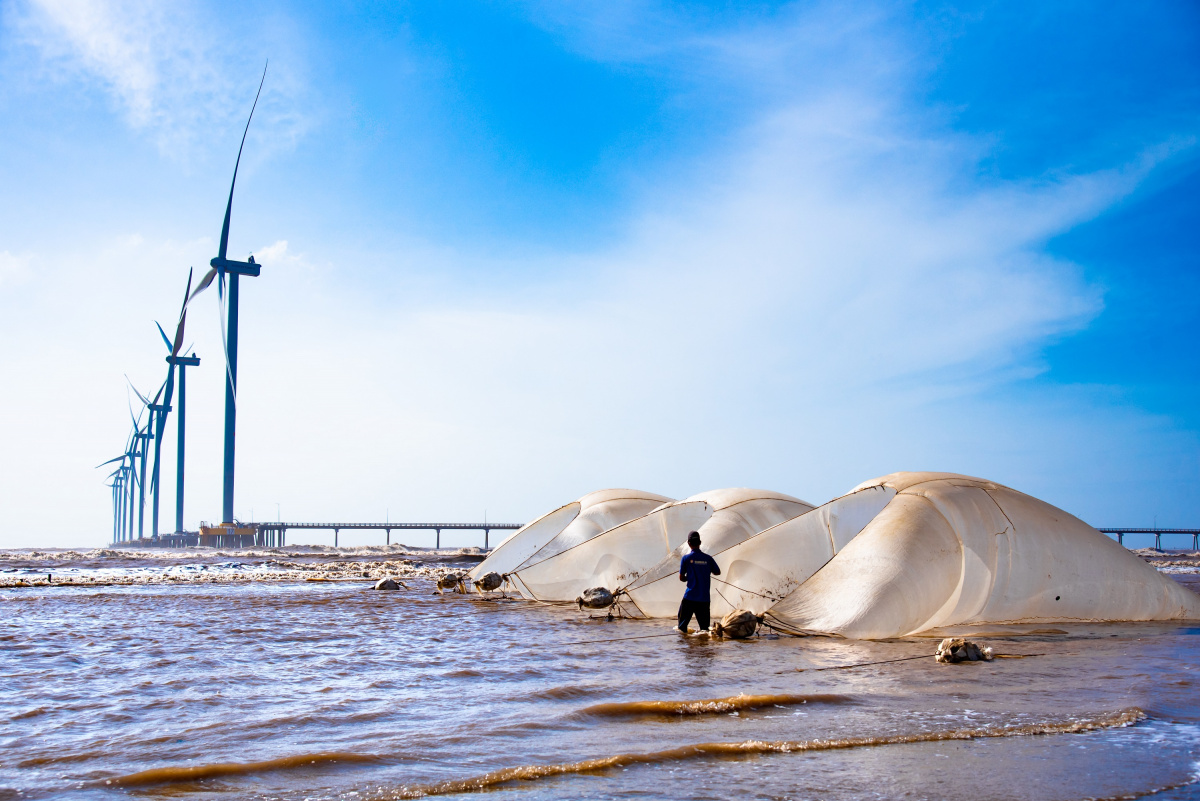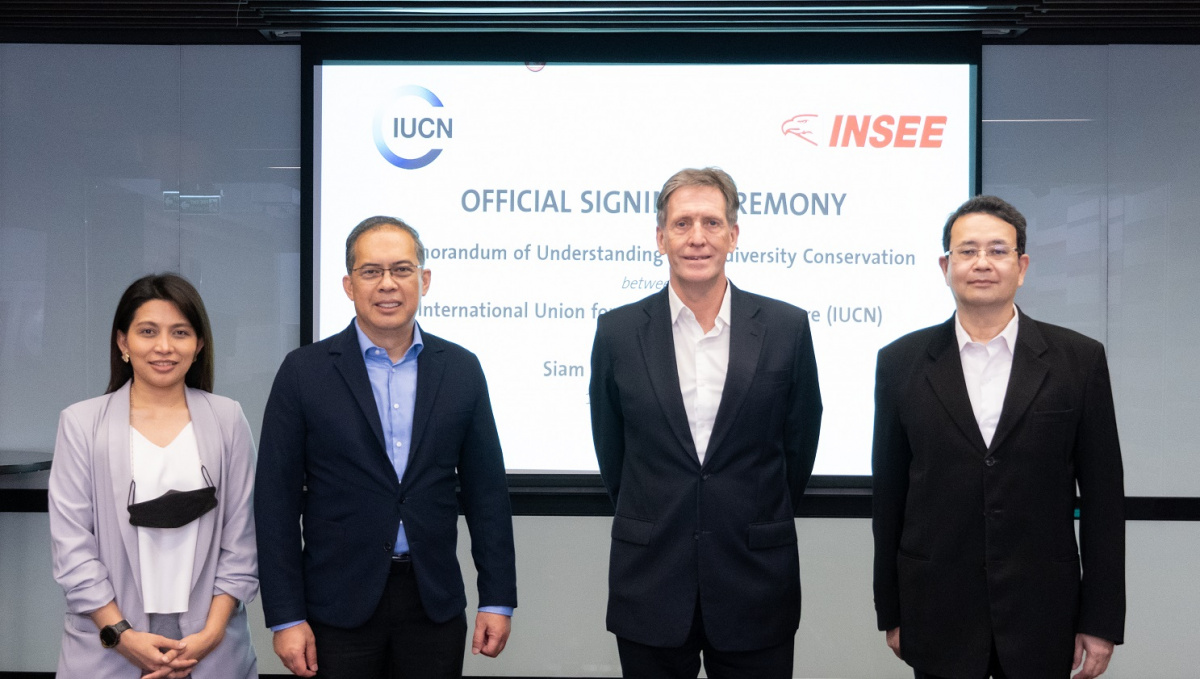10-day workshop in Cambodia further strengthens capacity of national wetlands managers
From 14 to 23 October, the Mekong Wetlands University Network (MWUN) organised a workshop to strengthen the management capacity of wetlands officials in Cambodia. 33 participants, including Ramsar site and wetland managers, local rangers and Department of Freshwater and Wetlands Conservation staff, joined the training at Koh Kapik Ramsar Site in Koh Kong Province. The training focused on topics such as wetland hydrology, flora and fauna, and climate change impacts on ecosystems.
The training was conducted as part of the Mekong WET project, which aims to enhance the capacity of local managers and communities to strengthen wetland resilience in 10 wetlands in four countries in the Lower Mekong Basin region.
Researchers from the Royal University of Agriculture led the training, with support from the Department of Freshwater Wetland and Conservation of the Ministry of Environment and Royal University of Phnom Penh. The training included discussions on wetland ecosystems, wetland management, climate change, and climate change vulnerability assessment tools.
“The workshop aims to build on the participants’ extensive field knowledge and experiences. As a trainer, I hope that the participants will integrate their new skills into their daily work,” said Dr. Kimlong Ly, trainer from the Royal University of Phnom Penh.
Trainers began the course by providing a broad overview of wetland ecosystems. They then introduced specific topics such as water availability, soil, vegetation and biodiversity. Lectures on the three concepts of hydrology such as water availability, variability and connectivity, reinforced the participants’ understanding of wetland functions, classification and services.
The workshop also introduced tools such as the Rapid Assessment of Wetland Ecosystem Services (RAWES) and the Ramsar Site Management Effectiveness Tracking Tool (R-METT).
On the last two days of the workshop, participants visited Koh Kapik Ramsar Site to examine key habitats and keystone species, and interview local community members.
Participants examined climate change impacts on wetlands habitats, species and communities using climate change vulnerability assessment tools developed first by International Centre for Environmental Management (ICEM) and later adapted by IUCN for the Mekong WET project. After the site assessment, participants proposed a management plan for each wetland site based on ecological specificities.
“The training provided an opportunity for nature conservation professionals to network, learn from one another, and explore collaboration opportunities for the future,” said Dr. Triet Tran, Head, Mekong Wetlands University Network.
__________________________________________
About Mekong WET
Funded by the International Climate Initiative (IKI) of the German Federal Ministry for the Environment, Nature Conservation, Building and Nuclear Safety (BMUB), and to be implemented until 2020, the “Mekong WET: Building Resilience of Wetlands in the Lower Mekong Region” project aims to build climate resilience by harnessing the benefits of wetlands in Cambodia, Lao PDR, Thailand, and Viet Nam. Mekong WET will help these countries to address their commitments to the Ramsar Convention, an international treaty for the conservation and sustainable use of wetlands, and to achieve the Aichi Biodiversity Targets. The project is also supporting the IBRRI and the implementation of the IBRRI strategic plan 2019-2024.
